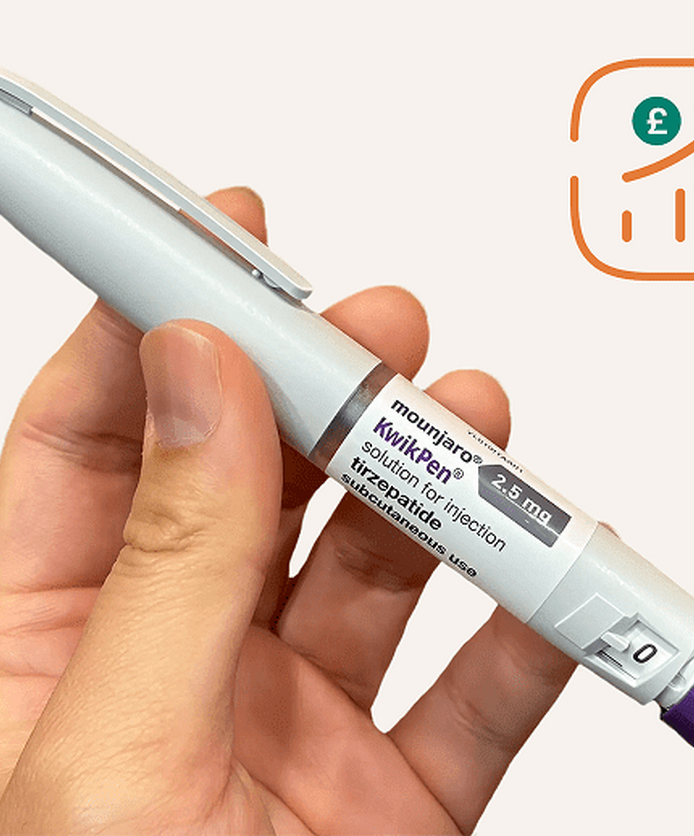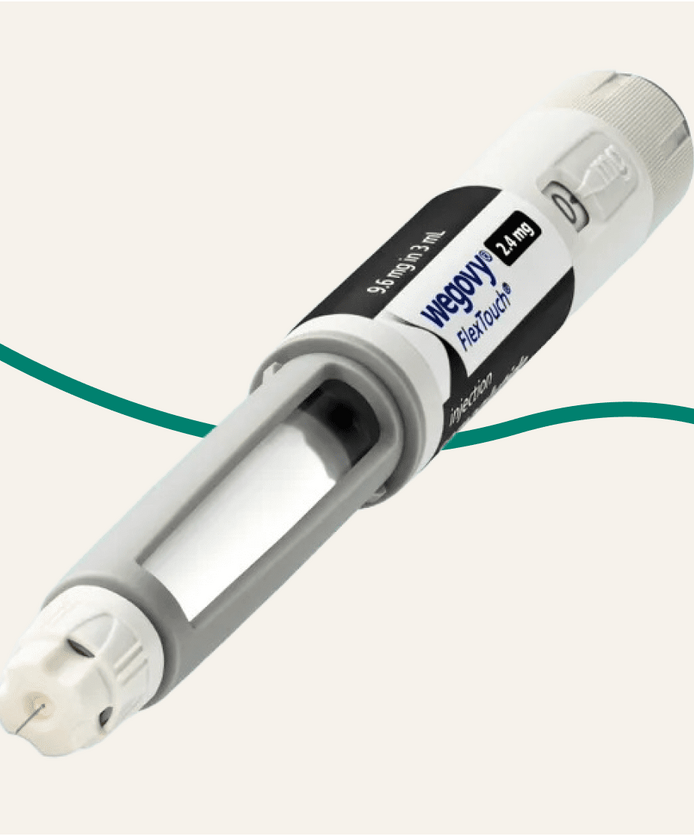- Home
- Online Doctor
- Acid Reflux
- Esomeprazole
Frequently asked questions
-
What is Esomeprazole used for?
Esomeprazole is primarily used to treat conditions related to excessive stomach acid production, including gastroesophageal reflux disease (GERD), peptic ulcers, and Zollinger-Ellison syndrome. It helps alleviate symptoms such as heartburn, acid reflux, and indigestion
-
How does Esomeprazole work?
Esomeprazole belongs to a class of medications called proton pump inhibitors (PPIs). It works by blocking the proton pump in the stomach's cells, thereby reducing the production of stomach acid. By decreasing stomach acid levels, Esomeprazole helps to relieve symptoms associated with acid-related conditions.
-
When should I take Esomeprazole?
Esomeprazole is typically taken orally once daily, usually in the morning at least one hour before a meal. However, the exact timing and dosage may vary depending on your specific condition and your healthcare provider's instructions. It's essential to follow the dosage and timing recommendations provided by your doctor or pharmacist.
-
How long does it take for Esomeprazole to work?
Esomeprazole may start to relieve symptoms of acid reflux and heartburn within a few days of starting treatment. However, it may take up to four weeks for the medication to provide full therapeutic effects, especially for conditions like peptic ulcers. It's essential to continue taking Esomeprazole as directed by your healthcare provider, even if you start to feel better.
-
What should I do if I miss a dose of Esomeprazole?
If you miss a dose of Esomeprazole, take it as soon as you remember. However, if it's almost time for your next scheduled dose, skip the missed dose and continue with your regular dosing schedule. Do not double the dose to make up for a missed one. Taking extra doses may increase the risk of side effects.
Latest Articles

Written by Sobia Qasim, Reviewed by Usma Parveen -
21st August 2025
What to Do About the Mounjaro Price...

Written by Sobia Qasim, Reviewed by Usma Parveen -
21st August 2025
Does Propecia work?

Written by Sobia Qasim, Reviewed by Usma Parveen -
18th August 2025
Switching from Mounjaro to Wegovy:...

Written by Sobia Qasim, Reviewed by Usma Parveen -
15th August 2025
What are the side effects of Propecia?

Written by Sobia Qasim, Reviewed by Usma Parveen -
25th July 2025
What is Propecia?

Written by Sobia Qasim, Reviewed by Usma Parveen -
25th July 2025
